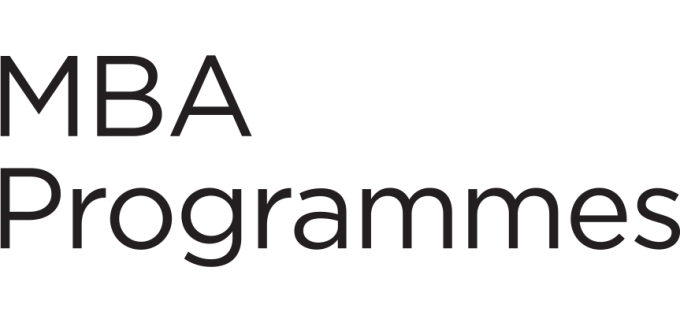I am now working as a strategy analyst for Tencent where I optimise their talent structure and provide solutions for talent management. I had previously worked as a senior consultant for IBM where I was responsible for digital transformation and ERP design and implementation.
I chose The University of Hong Kong (HKU) for my MBA programme for two reasons. The first was that under the strategic layout of the Greater Bay Area, Hong Kong is positioned as the international centre for finance, shipping, trade and aviation. Therefore studying in Hong Kong would provide me with a broad international vision in line with the overseas strategy of the Chinese enterprise called One Belt and One Road. The second reason I chose to undertake my MBA at HKU was because of the university’s greatness of spirit and heritage. I believe that the idea of undertaking a business management course here would be more profound than elsewhere in the Greater Bay Area.
I decided to pursue the part-time course over weekends as this helps me put theory into practice quickly in real business situations. The weekend model also helps me use my time more efficiently as I can gain work experience and pursue academic achievement at the same time. I found HKU’s hybrid model useful and convenient for students who are based in different geographical locations.
A key part of my joining the HKU MBA programme was the development of my leadership capabilities. The best way to learn leadership skills is through teamwork. Almost every course within the HKU MBA programme requires a group project. The projects are carried out with no team leaders so every member is able to freely express their ideas. An interesting point I found when doing these courses was that if one takes the initiative to assume more responsibilities then his team members will trust them more, thus leadership will come naturally.
I believe that the MBA is just a starting point for me. It gives me future possibilities and I find this the potential fascinating! HKU MBA students come from different industries and different backgrounds so as a result we often have different perspectives on the same issues which allows for cross-pollination and the generation of new ideas. I believe the value of the MBA is not just to bring me to this point but to provide me with more choices for my future.
For students who are interested in pursuing an MBA I recommend asking “what, why, and who” when doing a positioning analysis:
What is an MBA? I suggest exploring the teaching modes and course details through the official university website.
Why an MBA? Knowledge, contacts, education… I suggest that you think clearly about the motives that are driving your decisions.
Who do you expect to meet? Do you want to meet people in the same industry or people from different industries?
Also always stay hungry and stay foolish. It is only by keeping curious and being open to different opinions that we will find the fields and perspectives we never knew existed before.











